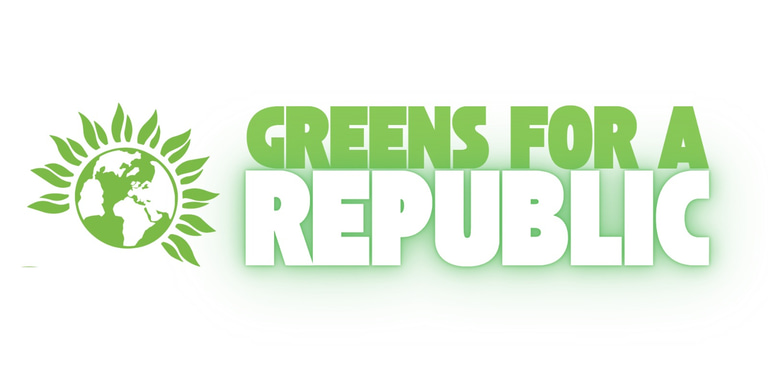On the symbiotic relationship between Monarchy and Church of England
The Church of England and the British monarchy have long maintained a symbiotic relationship, but this connection has not been without controversy or negative consequences. Their mutual dependence reinforces outdated structures, hinders social progress, and limits religious inclusivity in the UK
9/21/20253 min read
The Church of England and the British monarchy have long maintained a symbiotic relationship, but this connection has not been without controversy or negative consequences. Their mutual dependence reinforces outdated structures, hinders social progress, and limits religious inclusivity in the UK.
1. Preservation of Privilege and Elitism
The monarchy is the Supreme Governor of the Church of England, which cements the idea that the head of state must be an Anglican Christian. This arrangement excludes people of other faiths (or none) from the highest office in the land and perpetuates the monarchy’s privileged status. It also reinforces a hierarchy in which both institutions benefit from inherited authority rather than democratic legitimacy.
2. Resistance to Secularisation
The close ties between the monarchy and the Church hinder the UK’s transition to a fully secular state. While Britain is increasingly diverse and less religious, the established church continues to have a privileged position in government, with bishops sitting in the House of Lords. This entanglement can make political reform and progressive change—such as disestablishment—more difficult, as both institutions have vested interests in maintaining their influence.
3. Moral Hypocrisy and Institutional Scandals
Both the Church and the monarchy have been embroiled in scandals that expose contradictions between their supposed moral authority and their actions. From royal controversies to church-related abuse scandals, their interwoven status can amplify public distrust in both institutions. When the monarchy defends the Church, or vice versa, it can appear as an effort to shield elites from accountability rather than uphold ethical standards.
4. Exclusion and Religious Discrimination
The requirement for the monarch to be Anglican prevents Catholics, atheists, and people of other faiths from ascending to the throne. While some restrictions have been eased, such as allowing royals to marry Catholics, the system still promotes religious discrimination at the highest level of British society. This institutional bias contradicts modern values of equality and pluralism.
5. Stagnation of the Monarchy’s Relevance
As the UK becomes more diverse and secular, the monarchy’s insistence on maintaining ties with the Church may alienate younger generations and those who do not identify with Anglicanism. This reluctance to modernise could contribute to a decline in public support for both institutions, making them appear increasingly out of touch with contemporary Britain.
While many Christians, especially in the UK, have historically supported the monarchy (sometimes seeing it as divinely ordained), there are several reasons why some Christians are or might be anti-monarchy, depending on their interpretation of Christian values and the role of power.
1. Jesus was radically anti-establishment
“My kingdom is not of this world.”– John 18:36
- Jesus challenged political and religious elites, siding with the poor, the marginalised, and the oppressed. Some Christians see monarchy—especially inherited privilege—as contradicting that ethos.
- The idea of a crowned ruler sits awkwardly with the image of a servant king who washed feet and preached humility.
2. Biblical warnings about kingship
In 1 Samuel 8, God warns Israel against demanding a king, saying kings will tax them, take their sons for war, and make them servants. It’s a clear cautionary tale about centralised, hereditary power.
- Early Christian communities were often anti-authoritarian and focused on spiritual, not worldly, power.
- Some Christians argue that no human should be elevated so highly, especially not above democratic accountability.
3. Wealth and inequality
- The monarchy is often associated with vast inherited wealth, palaces, and luxury—all of which clash with Jesus’ teachings on materialism and poverty.
“It is easier for a camel to go through the eye of a needle…” – Matthew 19:24
- For Christians focused on social justice, the monarchy seems like a symbol of economic and class inequality.
4. Separation of church and state
- Some Christians—especially dissenters, nonconformists, or evangelicals—believe the church should not be entangled with state institutions.
- The Church of England’s close ties to the monarchy (with the monarch as Supreme Governor) can be seen as a compromise of spiritual integrity.
5. Global and postcolonial perspectives
- Christians from formerly colonised nations may view the British monarchy as a symbol of imperialism and oppression, rather than unity or faith.
- There’s a growing recognition that Christianity must reckon with its colonial entanglements, and the monarchy plays a big role in that legacy.
In conclusion, the symbiotic relationship between Monarchy and Church is bad for most of us. However, there is hope due to a growing number of christians who do not support the monarchy.
Call To Action
Join the National Secular Society's campaigns for the disestablishment of the Church of England. Click the link below:
